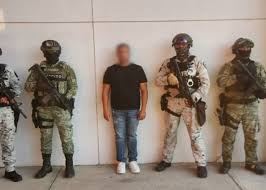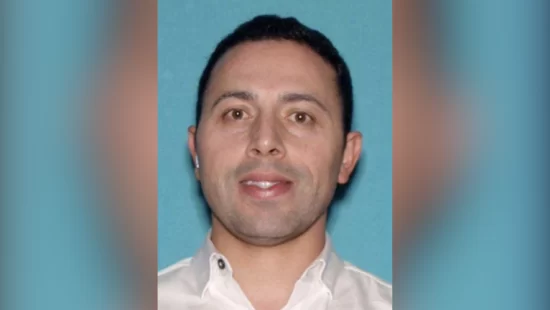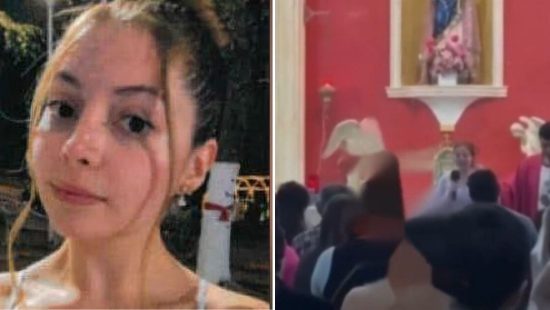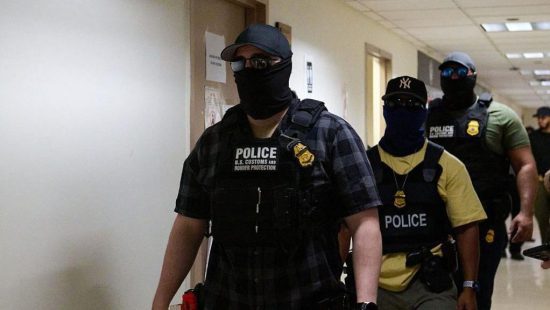State Senator María Elena Durazo has been a lifelong social justice and pro-immigrant activist.
As the daughter of Mexican immigrants, she spent summers working in the Central Valley fields, picking peaches, strawberries, and grapes. César Chávez, founder of the United Farm Workers of America, inspired her to become involved in the fight for equal rights.
She currently serves in the California State Senate. A Democrat, she represented the 24th State Senatorial District from 2018 to 2022 and has been representing the 26th District since 2022, which encompasses Central Los Angeles, East Los Angeles, and Vernon.
Before being elected to the State Senate, she was a prominent American labor union leader. She served as the Executive Secretary-Treasurer of the Los Angeles County Federation of Labor from May 2006 until December 2014. She is also the Executive Vice President of the national AFL-CIO’s governing Executive Council and Vice Chair of the Democratic National Committee.
Currently, she is promoting various initiatives in the State Senate aimed at protecting the Latino community from the anti-immigrant policies of the Donald Trump administration.
For Senator Durazo, California is committed to defending Latinos—because of their history, their population, and the contributions they have made to the state.
1. How will SB 635 and SB 580 help undocumented immigrants?
SB 635 ensures that street vendors’ personal information is protected from being handed over to federal immigration authorities, safeguarding them from unjust targeting. SB 580 strengthens California’s model policies, ensuring that all residents—regardless of immigration status—can access essential services like healthcare and education without fear. Both bills are designed to uphold dignity and ensure equal access to economic and social opportunities.
2. How do these bills differ from the state’s sanctuary initiative? California’s sanctuary laws prevent local and state agencies from cooperating with federal immigration enforcement. SB 635 and SB 580 build on that foundation by addressing specific gaps—protecting street vendors from having their information used against them and ensuring stronger statewide guidance policies from the Attorney General that provides workers and all Californians access to public services without fear. These bills focus on economic security and community protections.
3. Is assistance for street vendors federally funded, and could this lead to repercussions?Most programs supporting street vendors—such as local permitting and small business assistance—are state- and city-funded. In addition, community organizations have supported many vendors by walking them through the vendor permit process. However, federal threats to cut funding for the State of California for non-cooperation with ICE reinforce why the state has been taking actions to respond to these threats. California must uphold its values and ensure all Californians regardless of immigration status are protected.
4.Is there a plan for an information network like Santa Ana’s ICE alert system? Community-driven alerts are an important tool in protecting immigrant workers. While SB 635 does not create a formal alert system, it strengthens privacy protections so vendors do not have to work in fear.
5. What advice do you give street vendors afraid of deportation? To those struggling with fear and uncertainty: you belong in California, and we will fight to protect your right to work and provide for your families. Stay informed, seek legal support, and connect with local organizations that can provide guidance.
6.What are the latest updates on SB 635, and how optimistic are you about its passage? SB 635 has passed the Senate Floor with 28 aye votes and is now headed to an Assembly policy committee. I am confident we can build momentum for passage in the Assembly. We are working closely with coalition partners to ensure this bill moves forward.
7.Are there other bills the community should be aware of? In addition to SB 635 and SB 580, my colleagues in the Latino Caucus are also working on bills to protect the health, education, and dignity of our residents. California must continue to lead in protecting immigrant workers and families, and I will not stop fighting for policies that reflect our values of inclusion and economic justice.
Other proposed legislation:
SB 48 (Gonzalez) strengthens California’s ability to ensure safe, supportive learning environments by prohibiting LEAs and staff from allowing immigration authorities on school sites or sharing student, family, or staff information without a judicial warrant.
SB 98 (Perez) requires K-12 schools and higher education institutions to notify students, staff, and other campus community members when immigration enforcement activity is occurring on campus
SB 81 (Arreguin) ensures that health spaces remain safe spaces. SB 81 requires healthcare providers to create nonpublic areas in their facilities and bars immigration enforcement from entering unless they have a valid judicial warrant or court order.
SB 841 (Rubio) protects survivors of domestic violence, sexual assault, and human trafficking by limiting
immigration enforcement in shelters and crisis centers without a court order.








